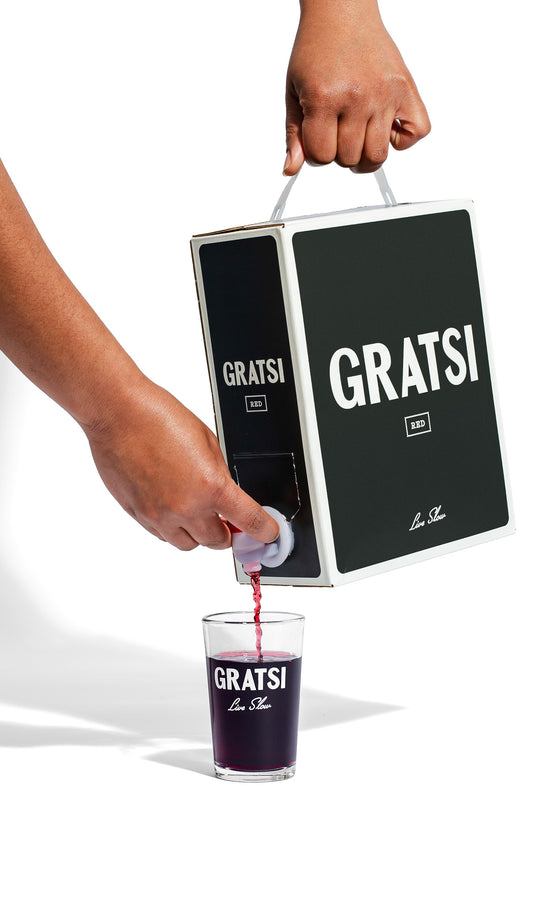Sundays in the Mediterranean
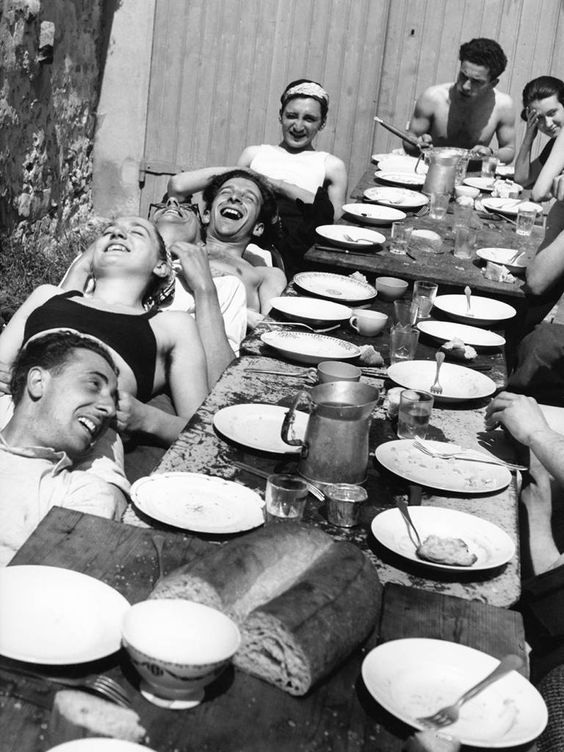
Antonia's Insights
Sundays in the Mediterranean
By Antonia Fest
November 07, 2023
Everyone has their Sunday traditions. When the last day of the week rolls in, it is a chance to reset, recharge as well as relax before Monday returns us to the daily grind. Across the Mediterranean Sundays are seen as sacred not just for their religious tendency. They are grounded in ritual shared among family and friends. When looking into their habits as a whole, it seems that Spain, Italy and Greece are not at all dissimilar in their routines of this one day.
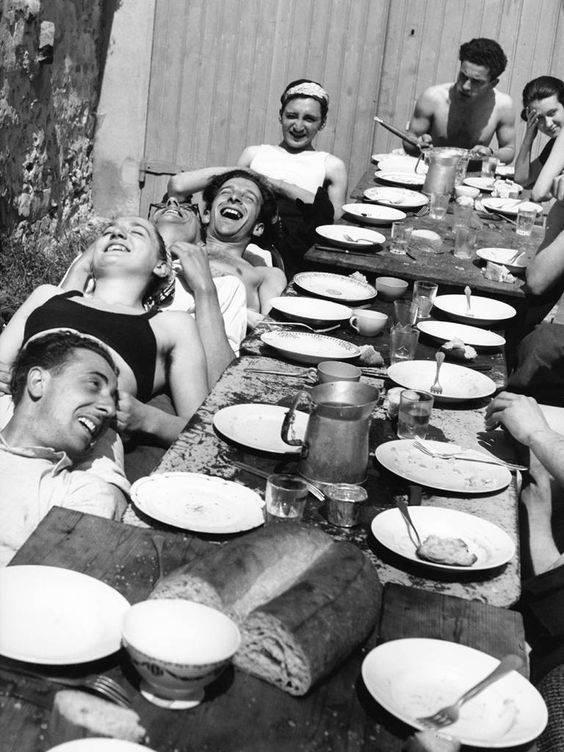
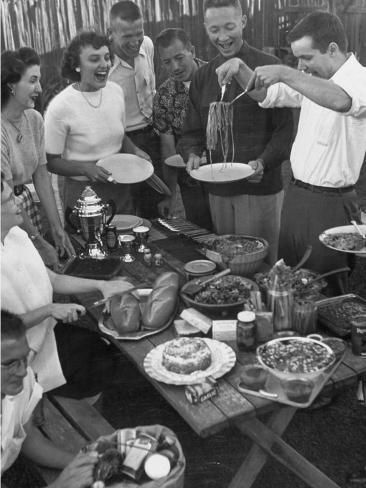
The Southern European lands centre their Sundays around the table. It is the unspoken rule that families will gather in their masses to enjoy each other’s food and company. The meal usually begins as lunch but it is not uncommon for the occasion to trickle into the dinner hours. In each country, their famous regional dishes will be served: in Italy, you will find tables adorned with pastas, simple meat or fish platters, bread always, and certainly a coffee or digestivo after some delicious dessert picked up from a local pasticceria (pastry shop). In Spain - more specifically Valencia - paella almost always takes centre stage of the Sunday lunch. And in Greece, common dishes include moussaka, lamb or chicken, and hearty vegetables all washed down with strong Greek wine and even stronger Greek ouzo.
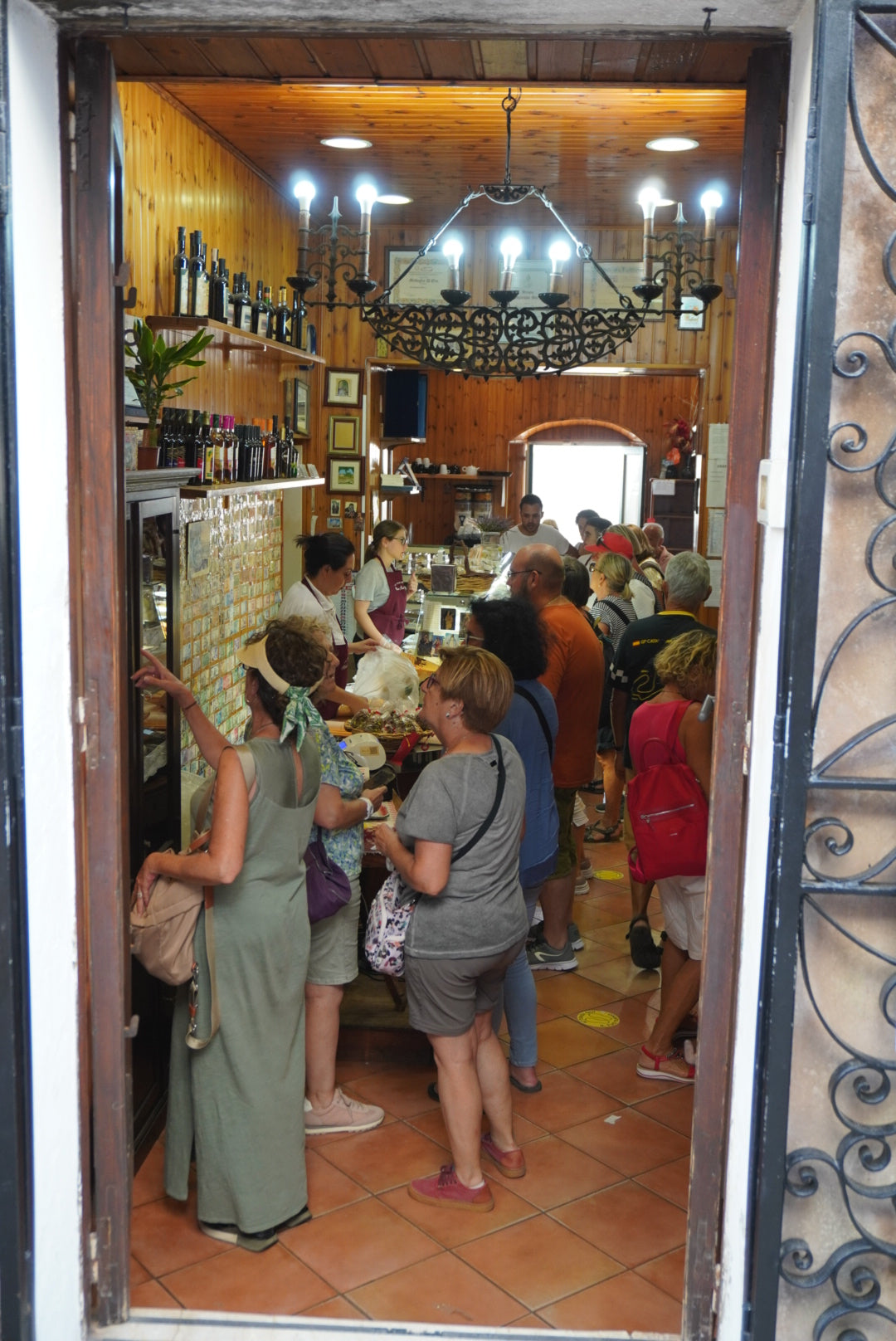
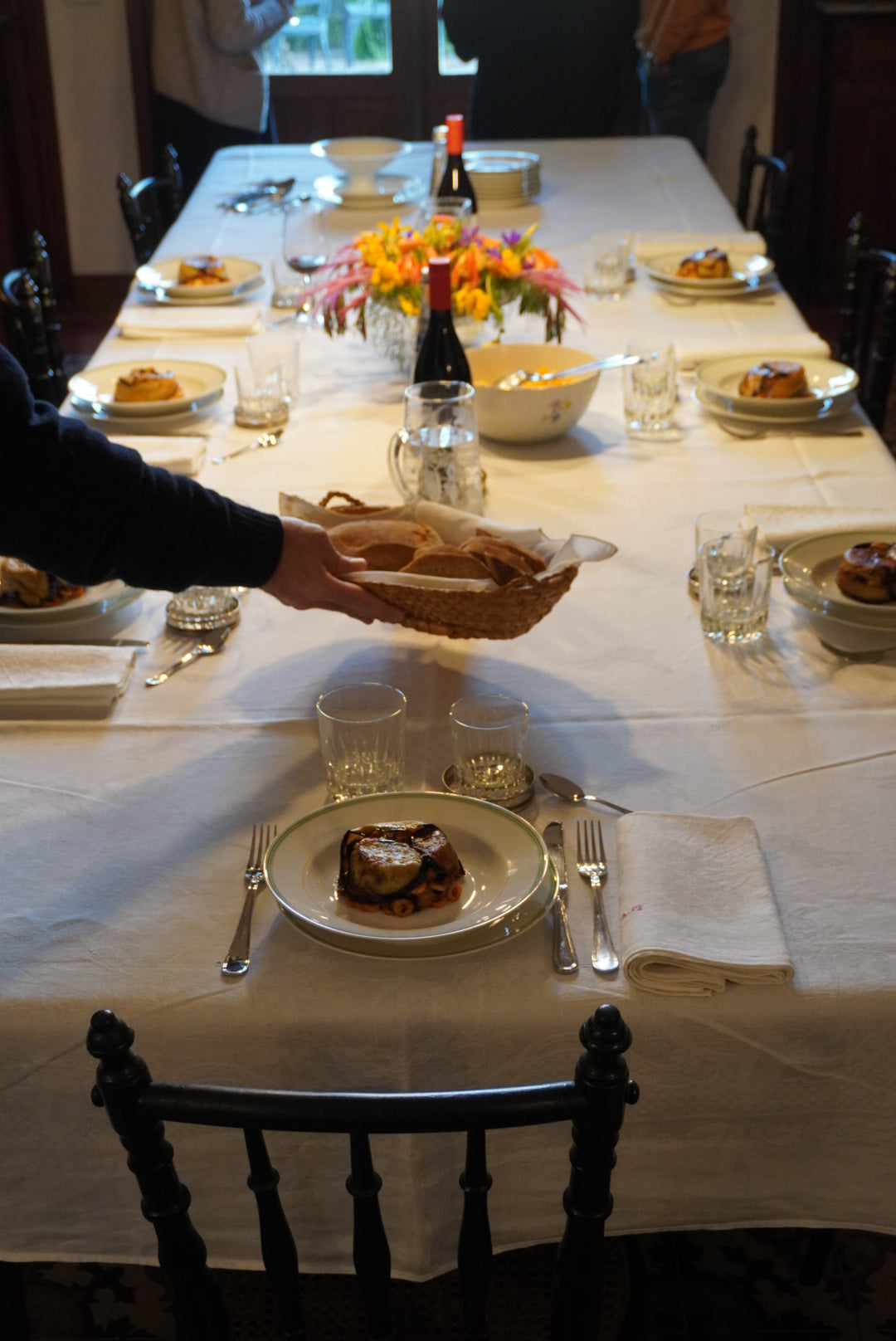
These lunches are never hasty. The social element is just as important as the nourishment. Course after course will arrive from the kitchen and animated chatter will fill the air, mingling with the aromas of the cooking. One can be seated around the table for many hours, no one is in any rush for the meal to end. After a while, some may excuse themselves to take a necessary nap but often groups will congregate once more for a final conversation before heading home often when it is already dark. Even if families are gathering at a restaurant, they might not leave for many hours after the food has been cleared away, giving the poor waiters a frantic turnaround before the dinner shift.
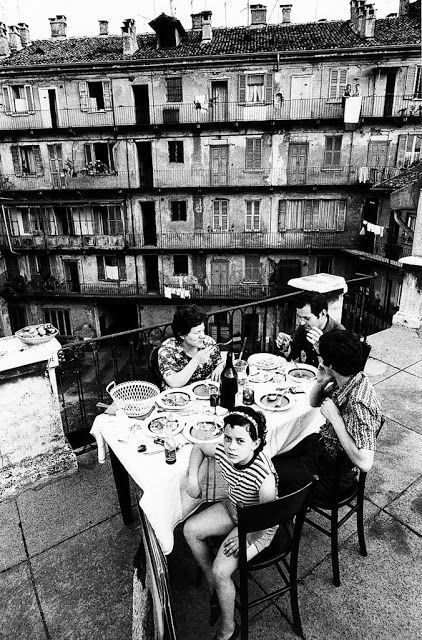
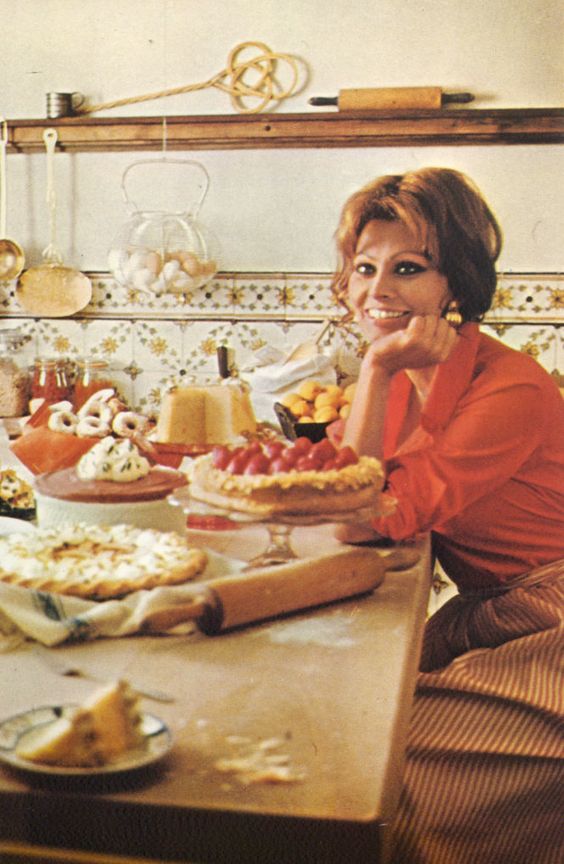
In Spain, the sobremesa plays an important role at Sunday lunch. It is literally translated rather unromantically as ‘over the table but it’s meaning is not so simply defined. The sobremesa refers to that moment after the meal where you sit with your companions and enjoy a sweet moment of suspended time. It is the umbrella term for the simultaneous acts of conversing, digesting, relaxing and not hurrying. The sobremesa isn’t exclusively reserved for Sunday lunch although this is the occasion where it can be savoured the most. For Spaniards, how they eat is just as significant as what they eat. The very same can be said for Italy and Greece.

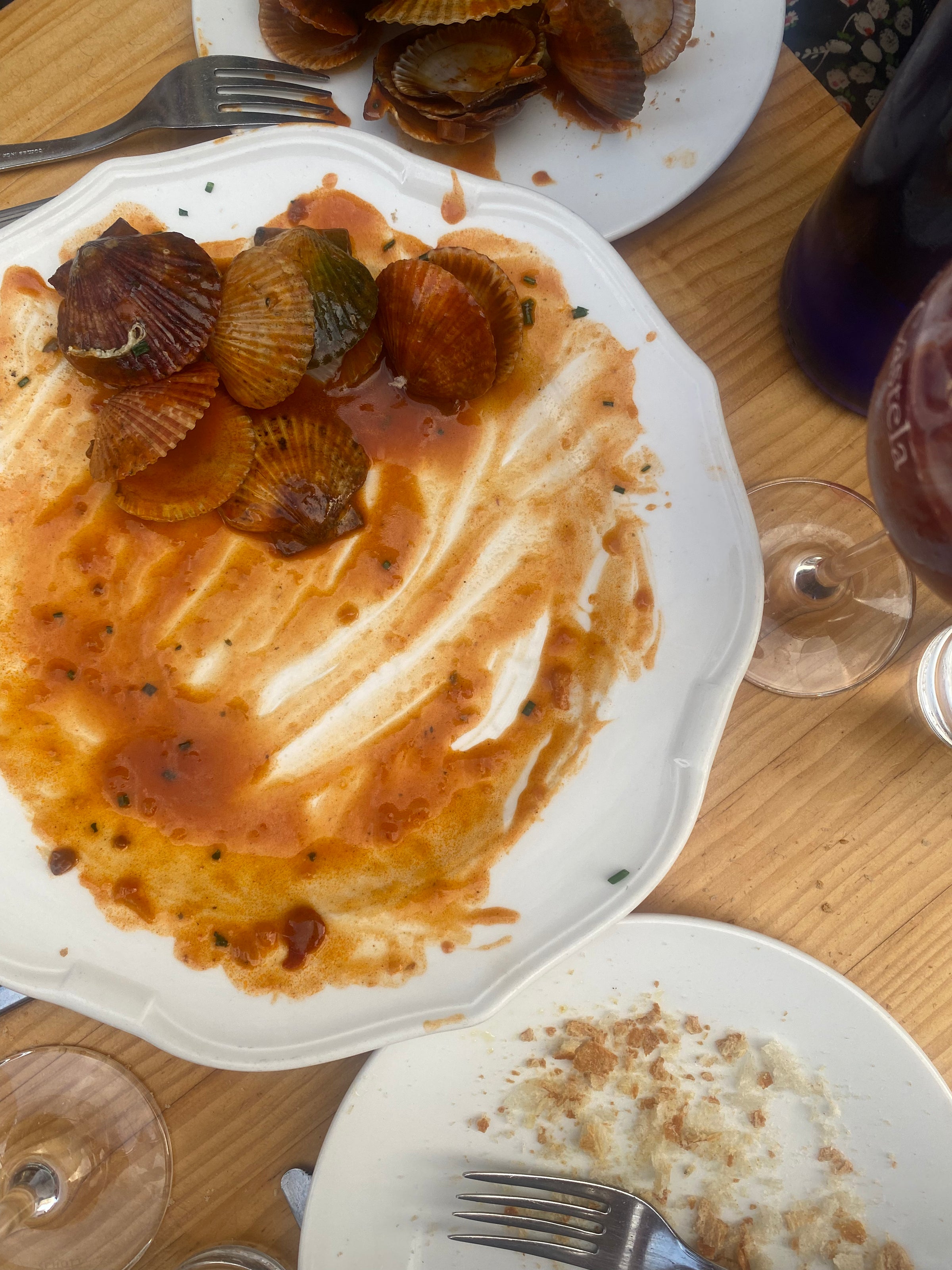
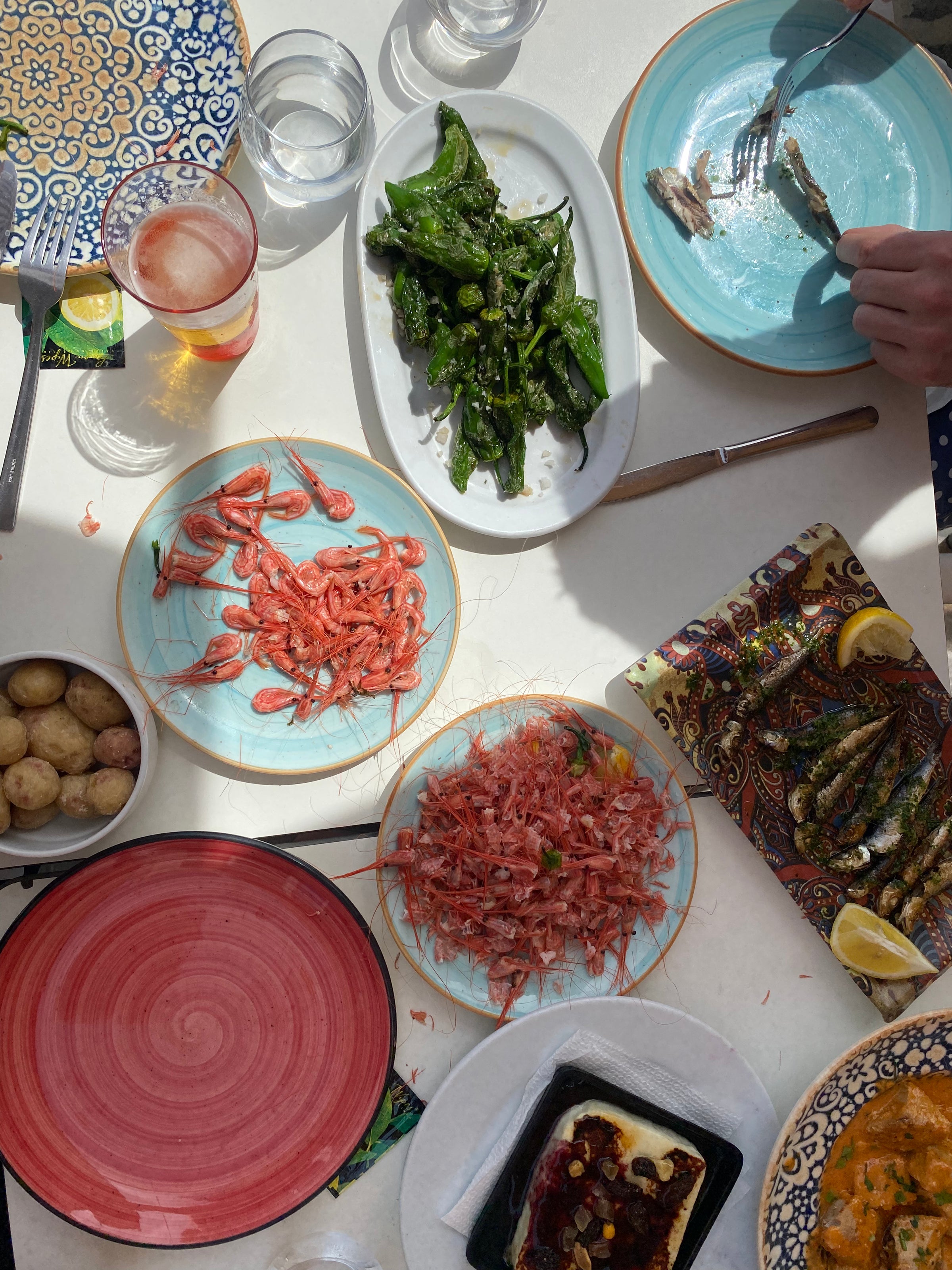
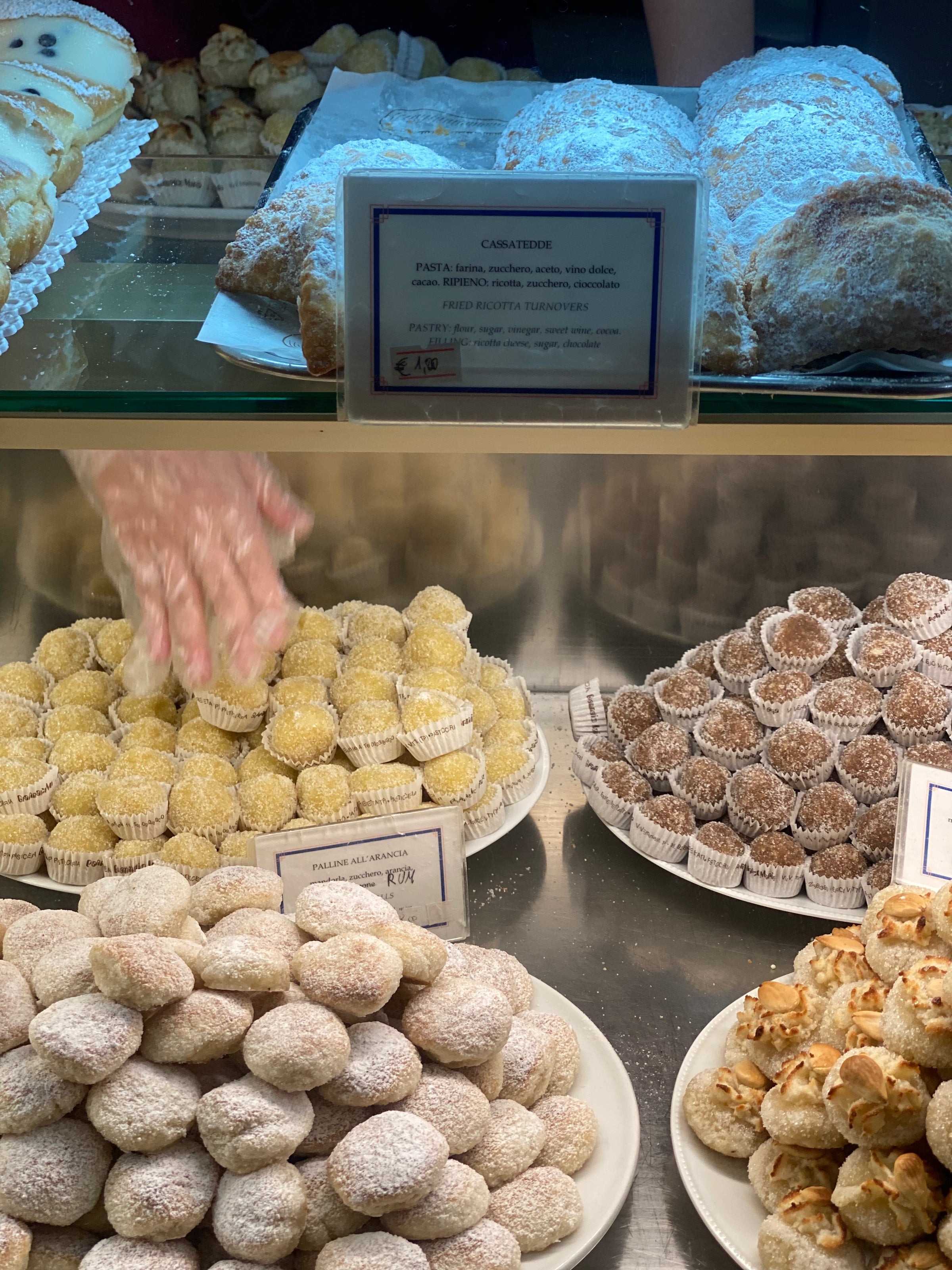
Naturally, Sundays in the Mediterranean are also holy. As devoutly Christian countries, many will also flock to mass in the late morning. It usually ends just before the inevitable lunch. Whilst there is an increasing decline in the number of churchgoers especially among the younger generations, the sentiment of family, communion and togetherness is widespread. In Italy, for those who cannot attend the church but still wish to consolidate their devotion, the Vatican broadcasts its mass on television thus bringing the church into the home. Every time I go to my friend’s house in Sicily for Sunday lunch with his family, his mother will have the television on before she begins cooking. The sound is cranked up high and she orders a respectful silence as we watch the priest deliver the sermon. She even sings the hymns from the comfort of her own living room.
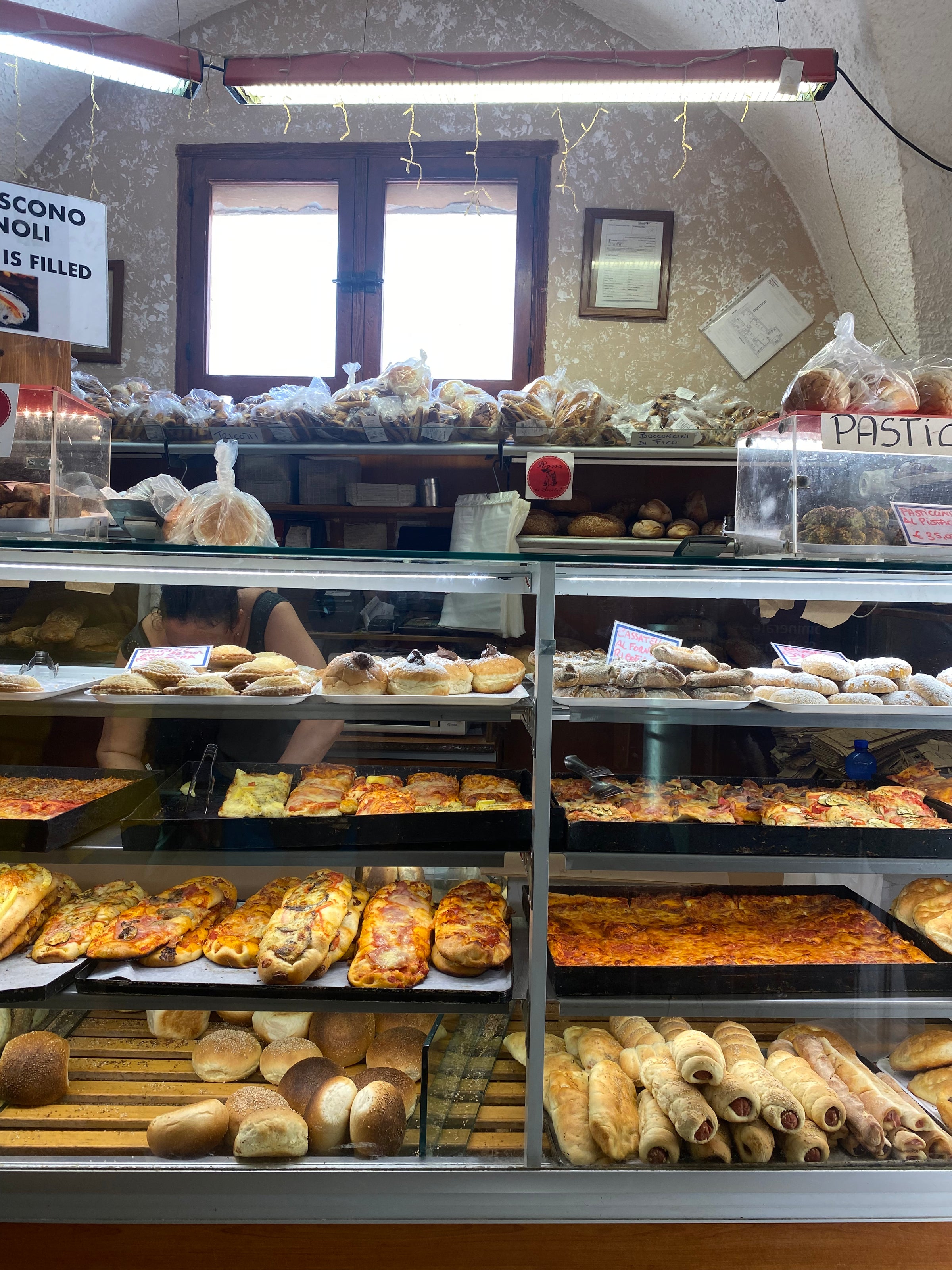
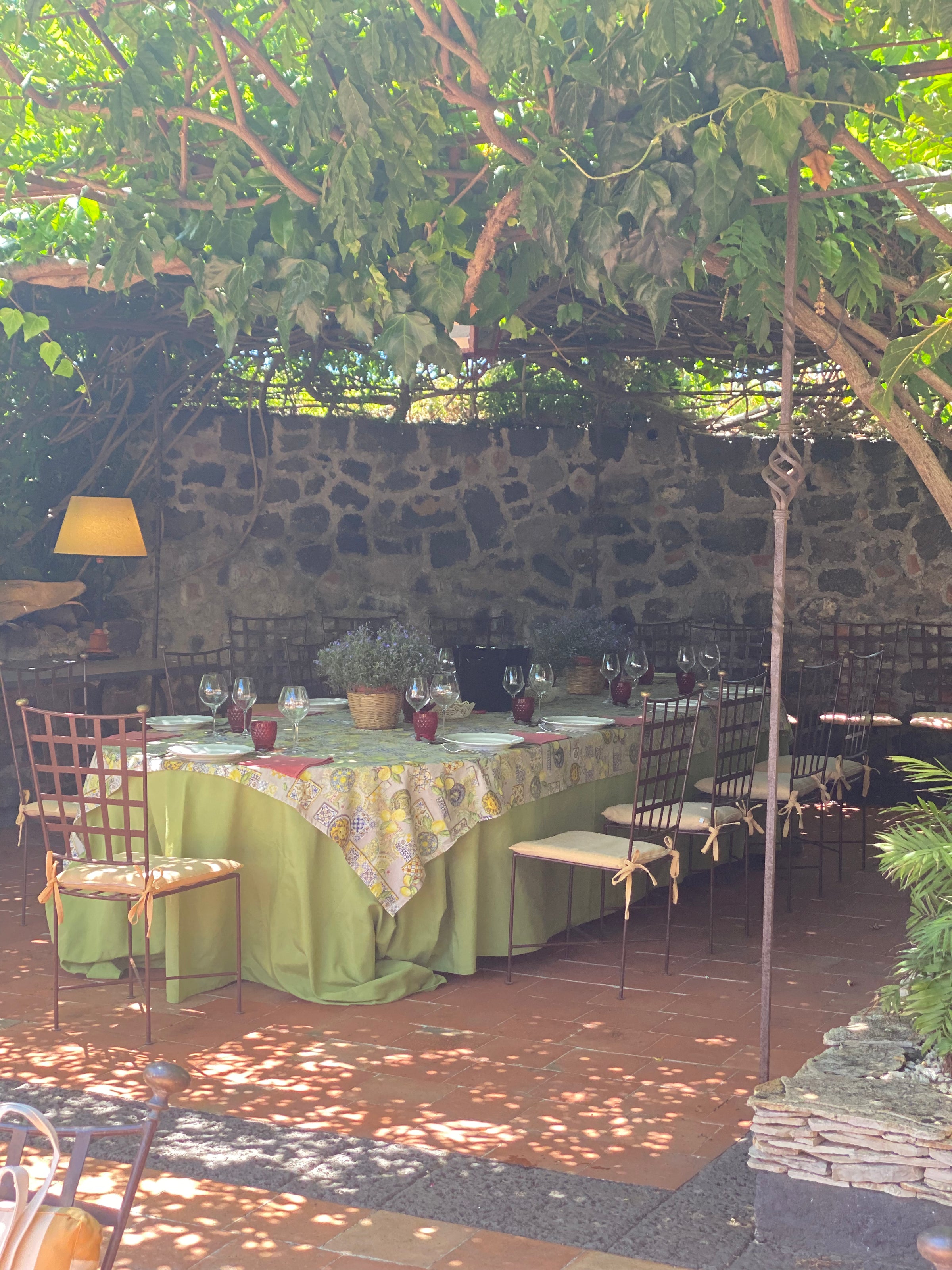
Whether they have gone to physical or virtual mass, once over the focus moves entirely onto the meal. People rush to get their stoves flaming, their ovens cranked up and their tables assembled. There is always a moment of hurried panic and fussing but once the food is served, any inkling of haste dissolves and the rest of the day is enjoyed in luxurious calm. No one has anywhere else to be; this is what Sundays are for.
Whilst the Sunday lunch is never a formal affair, it’s importance cannot be underestimated. It is a tradition steeped in the family values of the south where food and community intertwine to round off the week in harmony. From the preparation of the meal, to laying the table to cleaning up afterwards, everybody lends a hand.
There are lessons to be learned from the Mediterraneans’ approach to Sunday: take part, honour the tradition, gather together and savour the moment.



